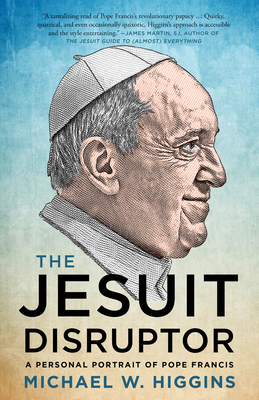
A fresh look at a complex pope with a simple agenda: radically reforming the Catholic Church.
Jorge Mario Bergoglio is the consummate disruptor, disrupting archaic modes of church governance, disrupting our collective spiritual complacency in the face of new challenges to our human flourishing while at the same time remaining deeply faithful to the organic traditions of the church. He is the leader of the Roman Catholic Church, but beyond that he is a universal leader with commanding moral presence, able to connect with laypeople and with non-Christian faiths. Pope Francis is also a credible moral voice on issues of immigration, economic inequity, the devastating consequences of political populism, and the accelerating threats to the environment, in spite of the fact that he faces deep infrastructure and governance scandals in his organization.
In his determination to reform the Vatican and ensure the Catholic faith evolves in a way that is relevant to the 21st century, Francis is very much carrying on the tradition of the Jesuits, an order known for their work in education, humanitarian missions, and social justice. A deep understanding of the Jesuit order informs Michael W. Higgins's approach in this novel reading of a papacy unlike any other.







